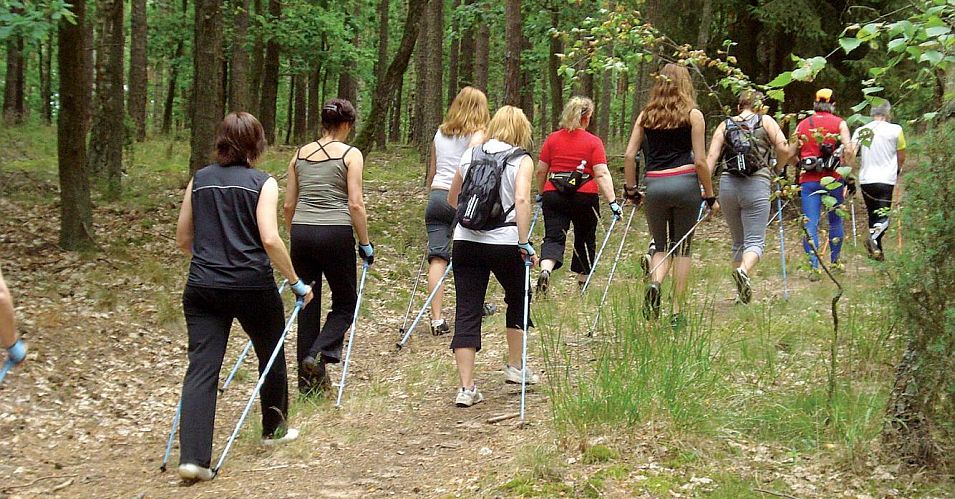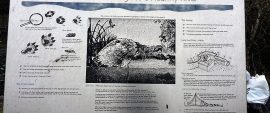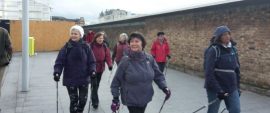Walking for two and a half hours a week is ‘wonder drug’
Activities such as walking should be prescribed, says Macmillan Cancer Support.
Almost 37,000 lives would be saved each year if everyone walked for two and a half hours a week, charities say.
Thousands of cases of cancer, heart disease and diabetes would also be prevented if people were as active as doctors recommend, according to the Ramblers and Macmillan Cancer Support.
Calling physical activity a “wonder drug”, their report summarises evidence showing that active people cut their risk of dying early by between a fifth and a third. The death and illness toll of inactivity is comparable to that of smoking, they say.
Kevin Fenton, from Public Health England, writes in the report: “England is experiencing a serious inactivity crisis, with life-threatening consequences.
“Four out of ten men and five out of ten women are still not active enough to benefit their health. This increases the risk of serious illnesses like type 2 diabetes, heart disease and certain cancers, and makes it more likely that people will be overweight or obese.”
He added that the report “brings us closer to understanding the kind of societal shift that needs to happen before we truly combat the pandemic of inactivity. The figures are alarming and show that we need to take action now.”
The Chief Medical Officer recommends that adults should get at least 150 minutes a week of moderate activity such as walking, cycling or gardening. Half the amount of more vigorous exercise has a similar effect.
Using data from previous published studies, the report concludes that if everyone in England followed this advice, there would be 12,000 fewer emergency hospital admissions for heart disease, 6,700 cases of breast cancer, 4,700 cases of bowel cancer and 300,000 fewer people with diabetes every year.
Ciarán Devane, the chief executive of Macmillan Cancer Support, said: “It is sad that so many lives are put at risk each year due to inactivity. For cancer patients, being active can help manage some of the debilitating consequences of treatment and can even help reduce the chance of some cancers returning.
“Inactivity is a nationwide epidemic that must be tackled now before it is too late. Healthcare professionals need to ensure that they prescribe physical activity, such as walking, as an intrinsic part of a healthy lifestyle.”
Last week a review concluded exercise was as effective as many drugs in preventing heart disease and strokes, and urged doctors to prescribe “exercise pills”. A study last week found that post-menopausal women who walk for an hour a day can cut their chance of breast cancer by 14 per cent. Macmillan and the Ramblers run a scheme, Walking for Health, which promotes short free walks around the country.
The Times 7 October 2013 – by Health Correspondent Chris Smyth













